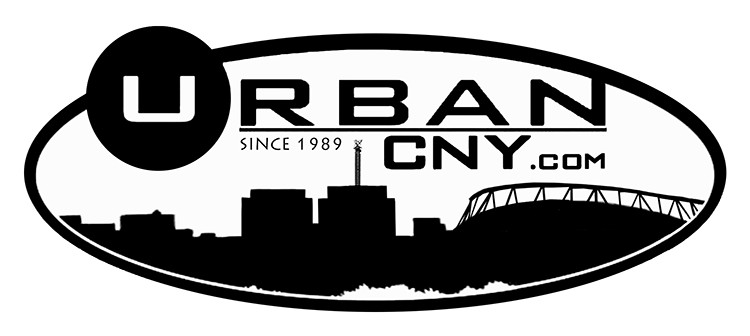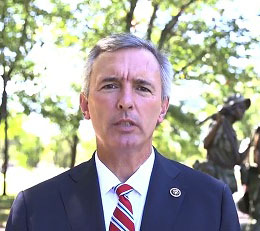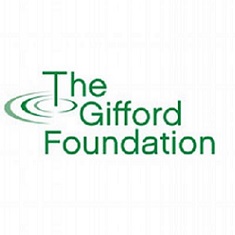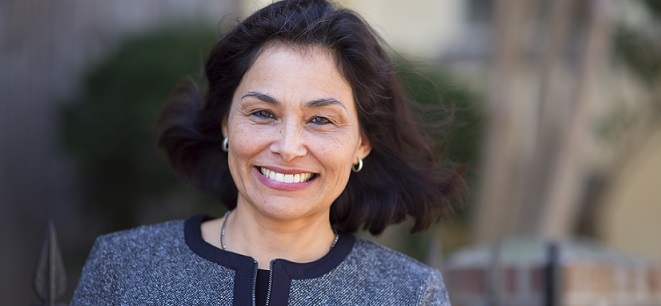Katko Votes Against Republican Bill to Repeal and Replace ObamaCare
“Since I came to Congress, I have maintained that any repeal bill must be accompanied by a full replacement. While I commend my colleagues and the President for working to address the significant problems created by Obamacare, the measure before the House today fails to control costs and would impose a major tax burden on New Yorkers. This measure now moves to the Senate, where policy changes are expected. I will remain a constructive part of that process and urge my colleagues in the Senate to continue working towards viable, market-based solutions to Obamacare.” – Representative John Katko












